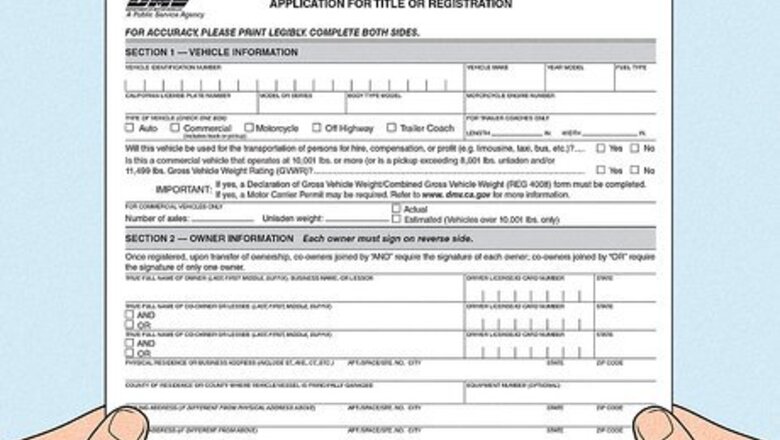
views
X
Research source
It might seem like a hassle, but it's really not that big of a deal as long as you get your paperwork in order ahead of time. Read on to learn everything you need to do to register your out-of-state car in California for worry-free driving.
- Register your out-of-state car within 20 days of moving to California.
- Use the title or registration from your previous state to register your car in California.
- Get a VIN inspection and a smog check done before you apply for California vehicle registration.
- Schedule an appointment before you go to the DMV. You can do this before you even move to California to make sure you get it done in time.
Inspections and Paperwork
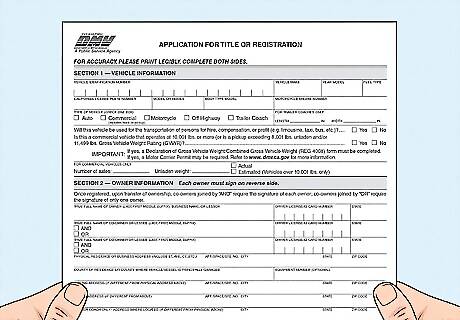
Get a copy of the most recent out-of-state title and registration. This is the most basic paperwork that establishes you own the car that you want to register in California. If you're leasing or still making payments, you probably don't have the title, but the most recent registration is fine. If you've lost this paperwork, contact your old state's DMV to get copies so you can register your car in California. The California DMV provides links to other state offices at https://www.dmv.ca.gov/portal/driver-education-and-safety/educational-materials/how-tos/other-state-motor-vehicle-department-links/.
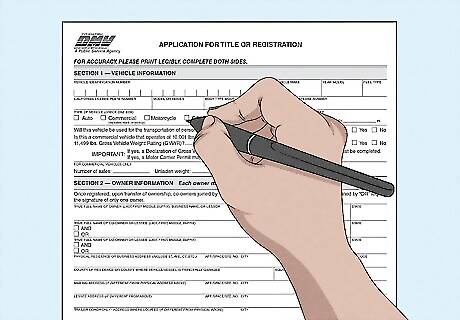
Fill out the "Application for Title or Registration" (REG 343). Download the form at https://www.dmv.ca.gov/portal/file/application-for-title-or-registration-reg-343-pdf/ so you can fill it out before you go to the DMV. Most of the information you can probably copy off of your old registration form. All owners currently listed on the title have to sign the application, even if the registration is only going to be in your name. For example, if you're a college student moving to California and your parents are also listed on your car's title, they have to sign the registration application. That's why it's a good idea to fill this out before you move.
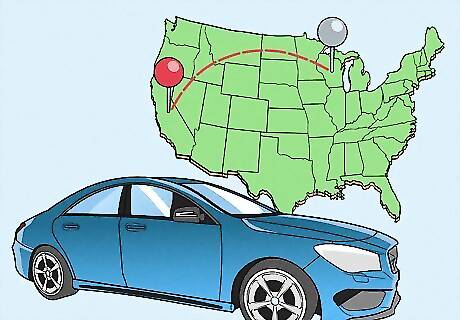
Switch your car insurance to cover you in California. If your insurance company also provides insurance in California, all you'll have to do is change the address where your car is kept and used (which your insurance company would require you to do anyway). If your insurance company doesn't offer California insurance, you'll need to switch companies. Your new insurance company will take over and your old insurance will no longer be in effect. California requires liability insurance with coverage of at least $15,000 for the injury or death of one person, $30,000 for the injury or death of more than one person, and $5,000 for damage to property.
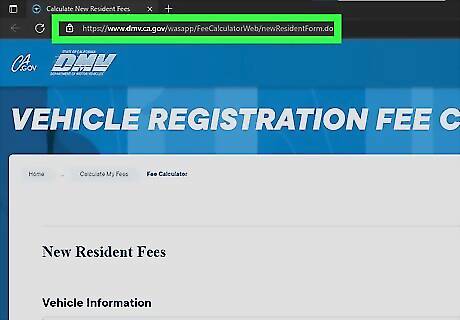
Calculate your registration fees. Registration fees vary depending on where you live and the type of vehicle you're registering. Go to the DMV's fee calculator at https://www.dmv.ca.gov/wasapp/FeeCalculatorWeb/newResidentForm.do to figure out how much you'll owe. You'll have to enter the following information to get an accurate quote: Type of vehicle Model year Motive power (gas, hybrid, diesel, electric, or other) The month, day, and year the vehicle was first operated in California The month, day, and year you purchased the vehicle The market value of your vehicle when you bought it The amount of use or sales tax you paid in the other state The county and ZIP code where you currently live in California
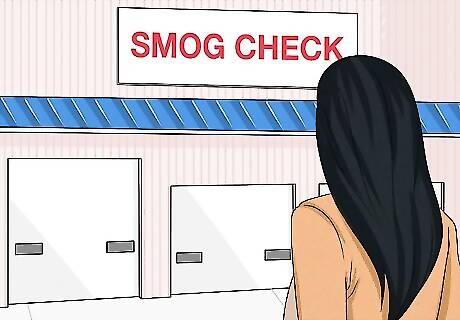
Go to a smog station for a smog check unless your car is exempt. This is the same thing other states call emissions testing and just helps keep the air clean. Smog check prices aren't regulated, so it's a good idea to call ahead and find the best price. Use the directory at https://www.bar.ca.gov/services/ard/search to get contact information for stations near you. Your car doesn't need a smog check if it's: A 1975 model-year or older gasoline-powered vehicle A 1997 model-year or older diesel-powered vehicle or weighs more than 14,000 pounds Powered by natural gas and weighs more than 14,000 pounds An electric vehicle A gasoline-powered vehicle less than 8 model-years old
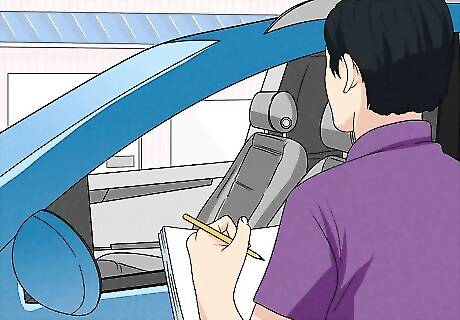
Have your car's VIN verified by an authorized DMV representative. You can get this done at your local DMV or law enforcement office. There are private companies that are licensed by the DMV to verify VINs as well, but they'll likely charge you a fee for their services. To find your local DMV, use the directory at https://www.dmv.ca.gov/portal/locations/field-offices/. If you'd prefer to use a law enforcement office, find the closest one at https://post.ca.gov/le-agencies. Call ahead to the place where you want to get your VIN verified and ask if you can schedule an appointment to cut down on your wait time. If you're getting your VIN verified at the DMV, you can usually go ahead and register your car at the same time—just make sure you bring your paperwork and get a smog check first!
Registering at the DMV
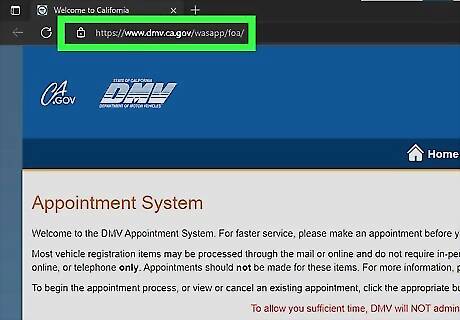
Make an appointment at your local DMV field office. Go to the online appointment system at https://www.dmv.ca.gov/wasapp/foa/ online appointment system and click "Office visit appointment" to get started. Enter your information, then select an appointment time that works best for you. If you'd prefer to schedule your appointment over the phone, call 1-800-777-0133 or TTY 1-800-368-4327.

Take your paperwork with you to the DMV on the date of your appointment. The moment has finally arrived, you're going to register your car! Make sure you have everything organized and ready to go so you don't waste a trip. You'll need: Your completed application Title or registration from your old state Smog certification form (unless your car is exempt) VIN verification form A valid driver's license Proof of insurance
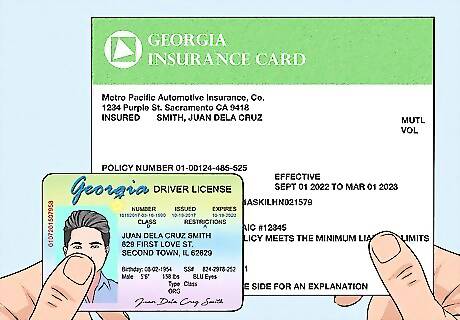
Show your driver's license and proof of insurance. When the clerk calls your name, give them your paperwork along with your driver's license and proof of insurance. The clerk won't register your car unless you're a licensed driver with valid insurance. Once the clerk verifies your license and insurance, they'll give those back to you. If you're only living in California temporarily, you don't have to get a California license as long as your home state license is valid. You only have to get a California license if you're trying to establish residency, like if you want to vote in California elections.

Pay your registration fees. The clerk will let you know what you owe after they process your registration paperwork—hopefully, it'll be the same amount you already calculated. Pay the clerk with any credit or debit card.
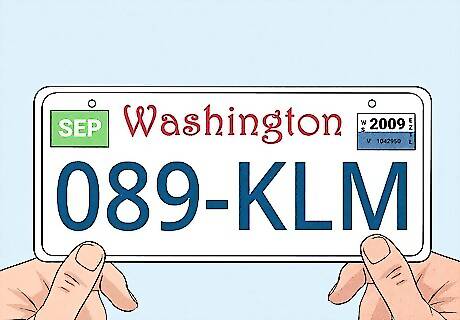
Hand over your out-of-state license plates. Typically, you have to surrender your old plates when you get your new ones. You can keep them if they're expired, or if you're required to send them back to your old state. Check with your old state to find out if you have to send your old plates back to them. It's your responsibility to send them back—the California DMV won't do it for you.
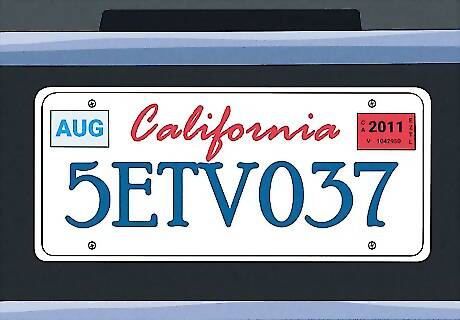
Put your new California plates on your car. The clerk will give you a registration certificate along with your new plates—put them on your car immediately! If you ordered specialty or custom plates, the clerk will give you a temporary plate to use until your plates come in the mail.
FAQs
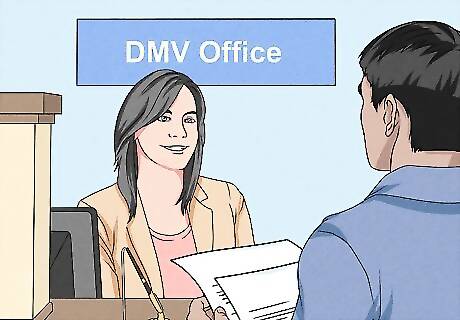
Can I register my car online? No, you can't do first-time registration online. A DMV representative has to verify all of your original documents. You'll also be getting a new plate and turning in your old one, which has to be done immediately if you want to drive your car legally. Once your car is registered, you can renew your registration online each year.
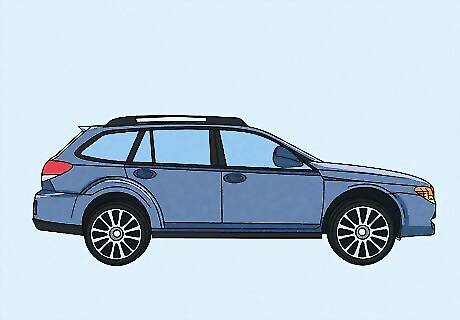
If I live in California, can I buy a car out-of-state and register it here? Yes, generally you can buy a car outside of California and register it in California without any problems. The only exception is a new car, defined by California law as any car that's less than 2 years old or has fewer than 7,500 miles on the odometer when you buy it. If you're looking at a new car in another state, check the emissions label under the hood. If it says it's a 50-state car, you're good to go. If the car says it's a "49-state" car, that means it was manufactured to meet the federal emissions standards, but not the stricter California ones. If you buy the car new, you won't be able to register or drive it in California.
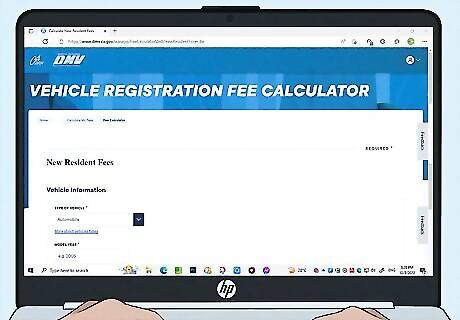
How much does it cost to register an out-of-state car in California? Initial registration costs range from a few hundred to several thousand dollars, depending on whether you have to pay sales tax on your car. You don't have to pay sales tax if you've owned your car for more than one year. Fees also vary depending on the city and county you live in. To get an estimate of how much it'll cost you to register your car, go to https://www.dmv.ca.gov/wasapp/FeeCalculatorWeb/newResidentForm.do and enter information about your car along with the county, city, and ZIP of your residence.
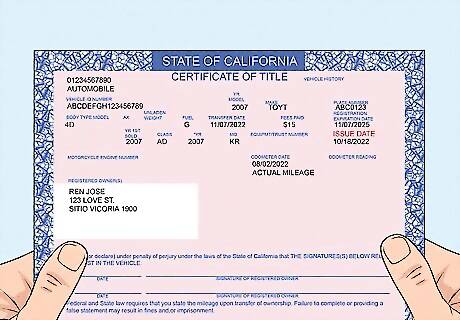
What if I need to transfer the title first? To transfer the title in California, you need a California title—so it makes sense to transfer the title in the state you're coming from before you move to California. Then, you would register as usual with the title and registration from the previous state. For example, if your child is going to school in California and taking a car that's in your name, transfer the title from your name to theirs before they leave for school. Then, they can register the car once they get to California and you won't have to be involved.
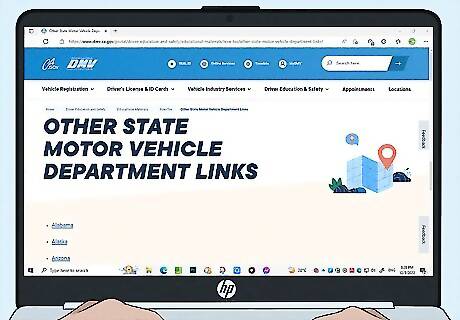
What if I don't have the title? If you don't have the title because your car is leased or financed, you can register it with a copy of the registration from your old state. If you hold title to the car free and clear but you've lost the paperwork, contact your old state's DMV and order a copy so you can register your car in California. Go to https://www.dmv.ca.gov/portal/driver-education-and-safety/educational-materials/how-tos/other-state-motor-vehicle-department-links/ if you need a link to your old state's office so you can order a copy of your title.
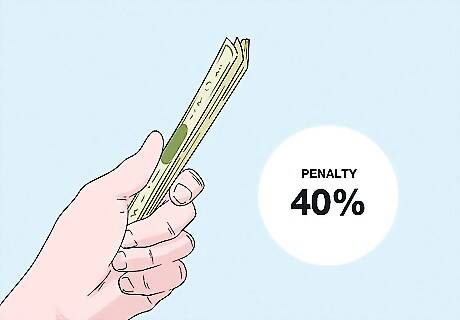
How much are the penalties for late registration? If your payment is less than one year late, the penalty is 40% of the license fee you owe (in addition to the regular taxes and fees). After a year, the penalty goes up to 80% of the fee on top of the regular payment. Your registration fees are due within 20 days of the date you establish residency in California. To avoid penalties, go ahead and submit your application and pay the fees before that date—even if you don't have all the inspections or paperwork you need.










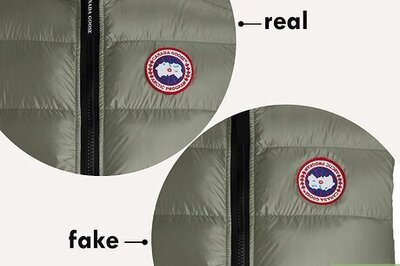


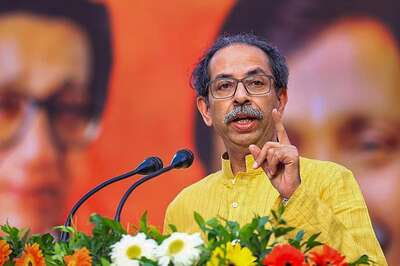



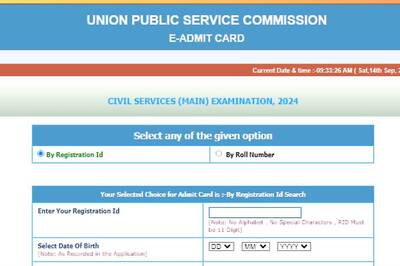


Comments
0 comment